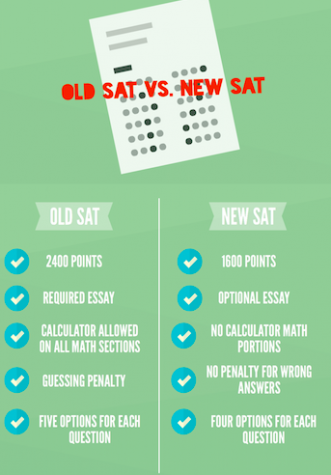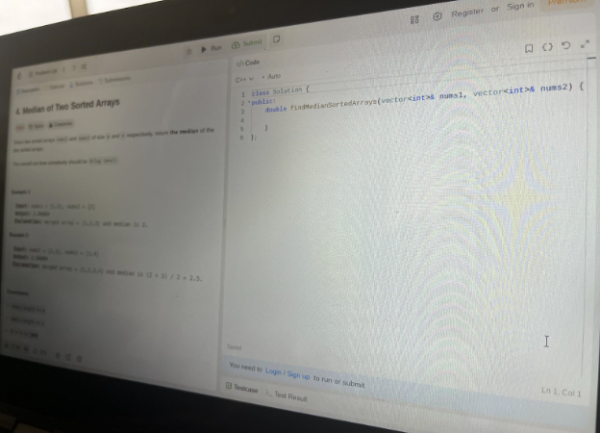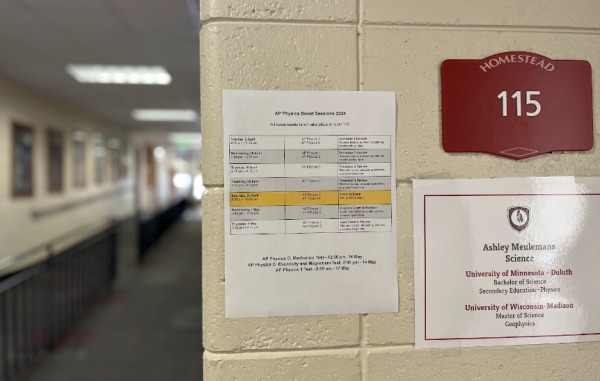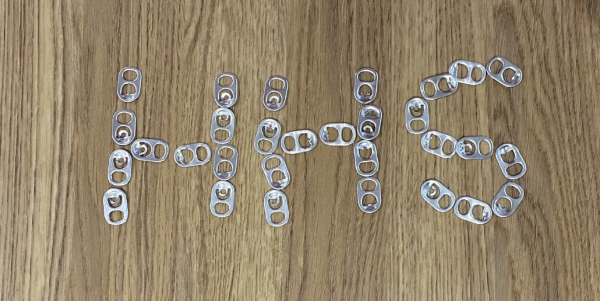Revised SAT expected to be more similar to ACT

The new SAT will be given to students in March. The exam was changed and updated to be similar to the ACT.
Students nationwide had the last experience with the current version of the SAT college entrance exam on the weekend of Jan. 23-24. Starting in March, the exam will be replaced by a new and revised version.
According to Laura Wilson, member of the new SAT panel, the main change of the SAT will be that “there is no penalty for guessing on the new exam. Wrong answers used to be counted against the student. That will change in March.”
Other changes include fewer sections, changes in answer options and different scoring. Sub-scores will be reported based on how students do on the sections (English language, reading, essay writing and math.) In addition, the test will be only worth 1,600 points, in contrast to the previous 2,400.
On the math portion, the questions will be split into two sections: one calculator, and one no-calculator. Other changes include a greater emphasis on data analysis, algebra and fewer geometry concepts.
Also on the verbal section, obscure vocabulary words will be replaced with passages that focus on meaning of words based on context. Students are also asked to use evidence from passages to support their answers for the reading questions.
“The test is expected to align more closely with what students are learning in school, and to become more similar to the ACT standardized test,” Rob Franek, senior vice president and publisher of The Princeton Review, said.
In the past, SAT was known to be extremely difficult and less students took the exam. According to College Board, 60 percent more students took the ACT in contrast to the SAT. However, post changes to the exam, the number of students registered for the March SAT has increased by over ten percent.
“We are hopeful that the redesigned SAT will be an even better assessment than the current SAT,” Jeremiah Quinlan, Dean of Undergraduate Admissions at Yale University, said. “The content is more closely aligned with what students are learning in schools, and I think that has the potential to be really helpful in the college process.”


Sasha Milbeck is the senior Editor-in-Chief of Highlander Publications. Sasha is a self-diagnosed fontaholic and could spend all day in Room 405 if she...















